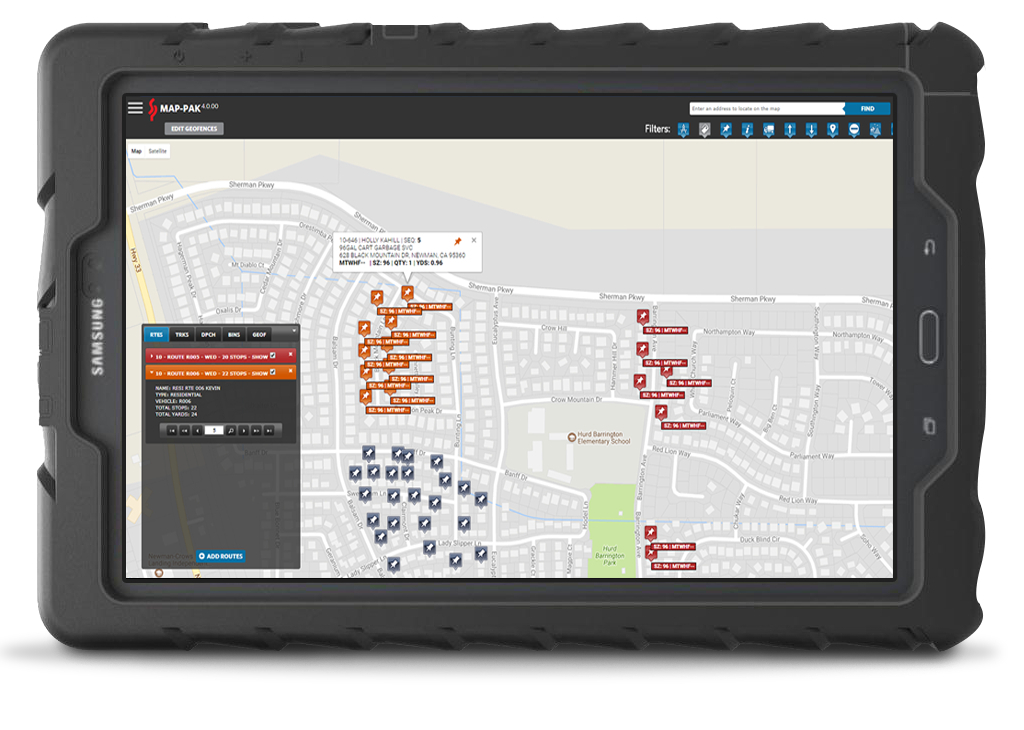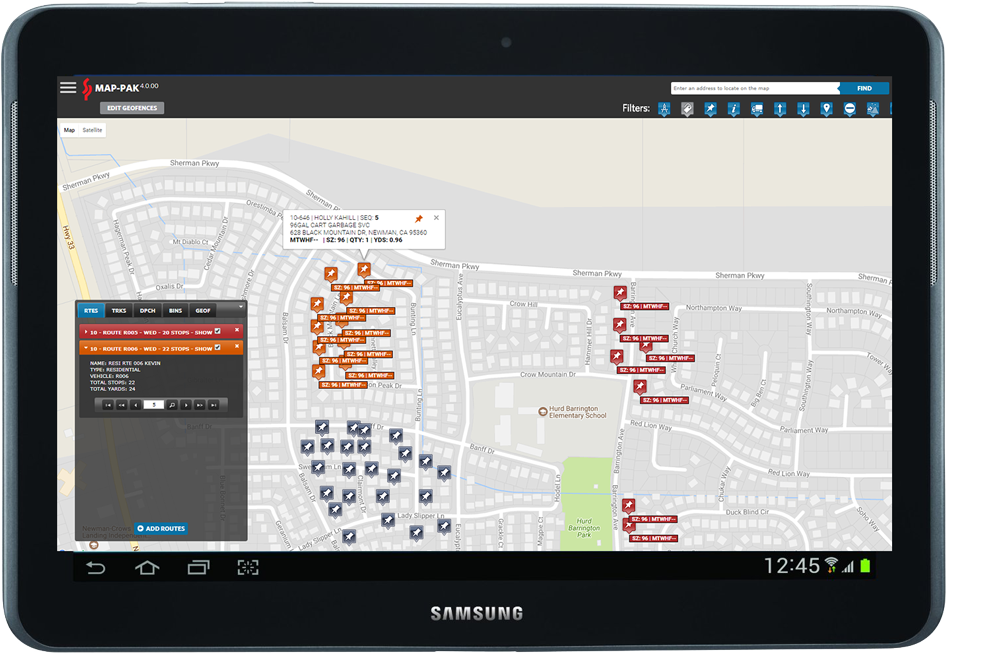
As global populations grow and concrete regions extend, waste control has turn out to be an increasingly more complex undertaking. Efficient waste collection, disposal, and recycling are vital for environmental sustainability and cost-effectiveness. Software for Waste Management is transforming the enterprise by means of optimizing operations, lowering costs, and selling green practices. This article explores how such software program enhances performance and sustainability in waste management, benefiting both corporations and municipalities.

The Role of Software for Waste Management
Modern waste control is based on generation to streamline strategies, improve logistics, and beautify data accuracy. Software for Waste Management integrates various elements of waste collection and disposal, presenting actual-time insights, route optimization, and automation. It allows corporations to manipulate waste more successfully at the same time as minimizing environmental effect.
1. Route Optimization for Waste Collection
One of the most large advantages of Software for Waste Management is its capability to optimize waste collection routes. Traditional waste series techniques often involve inefficient routing, leading to immoderate gasoline intake, multiplied fees, and unnecessary emissions. With route optimization software, waste series companies can:
- Reduce fuel consumption and carbon footprint by using minimizing travel distances
- Improve carrier efficiency via ensuring well timed pickups
- Decrease automobile put on and tear, leading to decrease maintenance fees
- Adapt to real-time traffic and climate situations for smoother operations
2. Automated Scheduling and Real-Time Tracking
Software for Waste Management automates scheduling, permitting waste series teams to devise and execute operations seamlessly. With actual-time monitoring, groups and municipalities can display:
- The place and development of garbage vehicles
- Collection efficiency and missed pickups
- Route deviations and delays
Automation additionally enhances group of workers productivity by means of ensuring that assets are allocated efficaciously. Additionally, clients receive accurate provider updates, enhancing transparency and pride.
3. Cost Reduction and Resource Optimization
Waste series and disposal contain significant prices, which include gasoline, exertions, and equipment preservation. By leveraging Software for Waste Management, groups can:
- Reduce operational fees through optimized routes
- Decrease reliance on manual facts access, minimizing administrative fees
- Maximize landfill and recycling facility performance
- Improve asset control with predictive protection features
These cost-saving measures permit businesses to allocate sources extra effectively and spend money on sustainable waste control initiatives.
4. Improved Recycling and Waste Sorting
A foremost component of sustainability in waste management is recycling. Many Software for Waste Management answers consist of clever sorting capabilities that facilitate better recycling practices. These capabilities:
- Identify recyclable materials thru AI-pushed analysis
- Enhance waste separation performance at collection factors
- Improve tracking of recyclable substances from series to processing
With better waste sorting and recycling approaches, municipalities and businesses can lessen landfill waste, lower disposal fees, and contribute to a circular financial system.
5. Compliance and Regulatory Adherence
Waste control guidelines vary across regions and industries. Non-compliance can result in hefty fines and environmental outcomes. Software for Waste Management ensures that waste series and disposal practices align with local and international guidelines with the aid of:
- Providing automatic compliance reviews
- Tracking dangerous waste disposal to prevent environmental damage
- Offering actual-time alerts for law updates
By integrating compliance tracking, organizations can hold prison adherence while prioritizing environmental sustainability.
6. Data Analytics for Sustainable Decision-Making
Data-pushed selection-making is a recreation-changer in waste management. Software for Waste Management collects and analyzes good sized amounts of facts to offer actionable insights. Organizations can leverage analytics to:
- Identify patterns in waste era and series
- Forecast future waste management desires
- Evaluate the effectiveness of sustainability initiatives
These insights enable corporations and governments to refine waste management strategies, decreasing environmental impact at the same time as optimizing resources.
7. Reducing Carbon Footprint Through Smart Technology
Sustainability is at the vanguard of contemporary waste control. Software for Waste Management contributes to sustainability via:
- Reducing gas consumption thru optimized logistics
- Encouraging accountable waste disposal practices
- Promoting virtual documentation to limit paper waste
- Enhancing recycling efficiency to reduce landfill reliance
With clever generation, waste management organizations can extensively cut greenhouse gasoline emissions whilst improving operational efficiency.
The Future of Software for Waste Management
As generation keeps to improve, Software for Waste Management will evolve with enhanced AI-pushed automation, IoT integration, and actual-time tracking capabilities. The future of waste management will see even more sustainability efforts, performance improvements, and value reductions.


Conclusion
The integration of Software for Waste Management is revolutionizing the waste control enterprise with the aid of improving performance, reducing fees, and promoting sustainability. With advantages ranging from route optimization to regulatory compliance, this software is essential for municipalities and organizations aiming to decorate their waste control strategies.
To further beautify efficiency and sustainability, many waste management companies are also integrating waste hauler software program, which gives specialized equipment for monitoring waste disposal, fleet management, and customer service. Investing in virtual answers is fundamental to a better and greater sustainable waste management system.